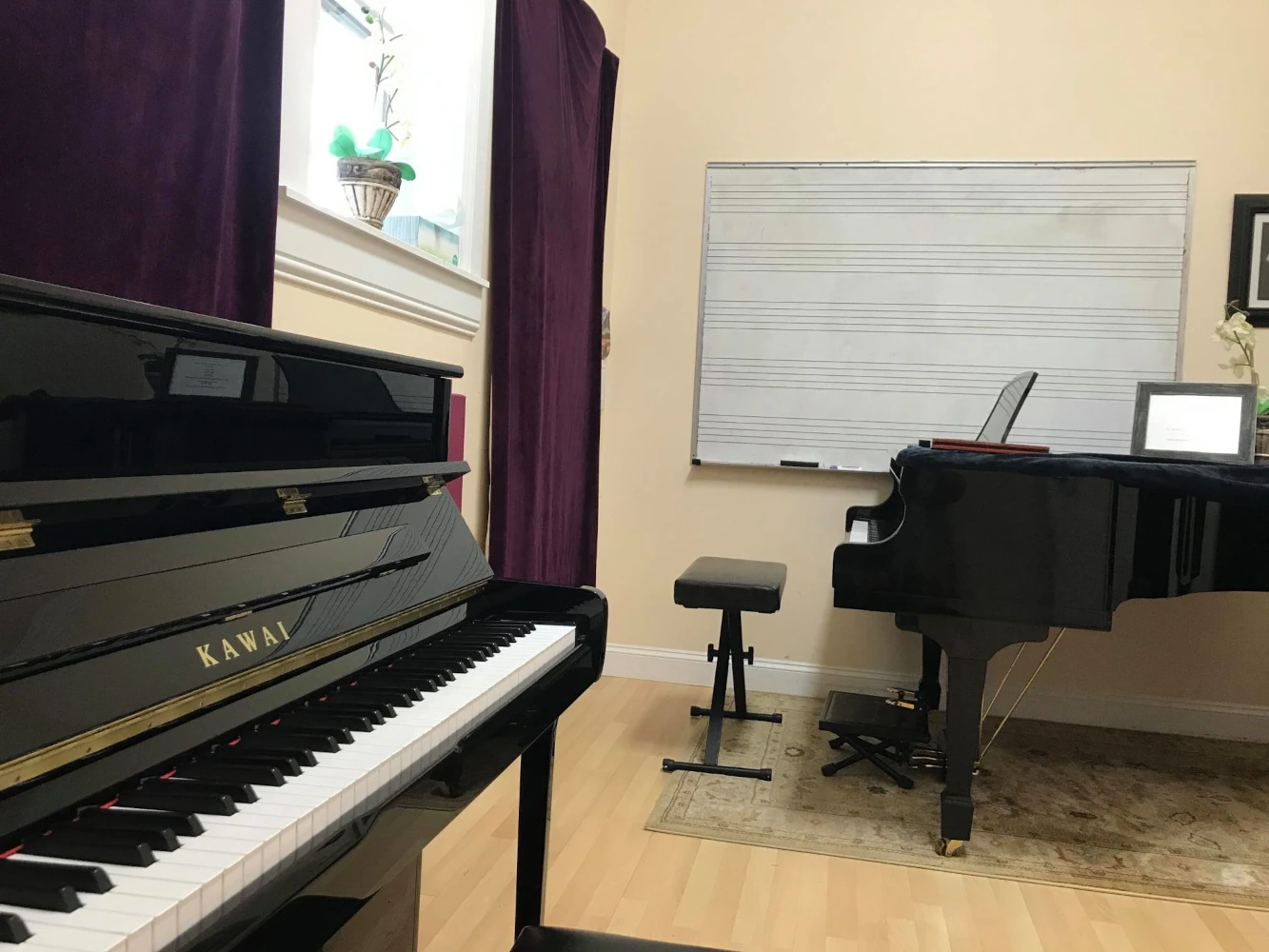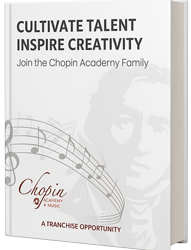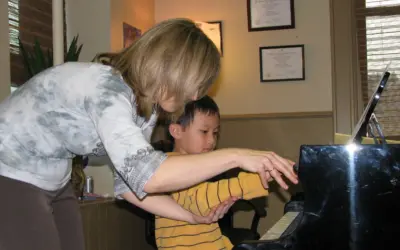Have you ever wondered how your passion for piano could grow into a thriving, full-scale business? For experienced piano teachers or musically inclined entrepreneurs, the transition from one-on-one lessons to owning a music education franchise presents a compelling opportunity. As demand for high-quality arts education surges across the country, educators are exploring how to transform their teaching talents into profitable ventures. Whether you’re looking to expand your reach, increase your income, or create a legacy in music education, understanding the landscape of Piano business opportunities is the first step.
Piano teaching has long been a respected and fulfilling profession. Independent instructors often develop close relationships with students while enjoying the flexibility of private schedules. Yet, as the demand for music education grows, many educators are considering how to turn their expertise into a sustainable, scalable business. This article examines the piano teaching industry, outlines key trends, and explores how it compares to owning a structured piano school franchise. It also identifies where Piano business opportunities and Piano Lesson Franchise models are evolving today.
How Big Is the Piano Teaching Industry?
Piano teaching has roots in classical training systems dating back centuries, especially within European conservatories. In the U.S., private instruction’s popularity expanded rapidly through the 20th century, with teachers operating from home studios or offering mobile lessons. Today, digital platforms have further transformed the landscape, with hybrid and online models becoming more common.
| Metric | Data/Insight |
|---|---|
| Number of U.S. music teachers | 123,900 (BLS 2024) |
| Job market growth by 2032 | +3.1% |
| Market size (Global by 2032) | $11.2 billion (DataIntelo 2023) |
| CAGR (2023–2032) | 6.5% |
The market’s consistent growth is driven by a rising appreciation for arts education and steady parent-driven demand for extracurricular activities. As such, the sector is attracting attention from investors looking for piano business opportunities in both solo instruction and franchise systems.
The flexibility of private instruction also appeals to many aspiring musicians and music educators, especially those who are just starting out. However, as student numbers grow and reputations strengthen, teachers can begin to encounter barriers that prevent further business expansion.
Is Private Piano Teaching Sustainable Long-Term?
Private piano teaching can be deeply fulfilling, but it also comes with a range of long-term challenges. Many independent instructors must manage every aspect of their business, including lesson planning, marketing, invoicing, and student progress tracking. This multitasking often stretches their capacity and limits how much they can grow.
As income is directly tied to the number of hours taught, scaling a private studio often means working more rather than working smarter. Additionally, these teachers typically operate without access to standardized systems or brand recognition, making it harder to differentiate in competitive markets.
Without administrative support or automated systems, managing large student loads often becomes overwhelming. Scheduling conflicts, payment delays, and lack of visibility in the local market can make it difficult for even the most experienced teachers to maintain momentum.
In an era where customer experiences and educational outcomes are increasingly scrutinized, independent teachers must also ensure that their lesson plans are consistent, measurable, and engaging. Parents today expect regular feedback, progress benchmarks, and performance opportunities, but meeting all these demands while handling day-to-day operations independently can lead to burnout or stagnation.
As a result, many educators are exploring Piano Lessons Franchise systems that allow them to focus more on teaching while gaining access to proven business tools, marketing support, and community recognition. These franchise models offer scalable solutions and reduce the operational burden that often holds private instructors back from being all they can be.
What Makes Music School Franchises a Scalable Model?
Structured music franchises are becoming a popular alternative. They offer support systems, brand visibility, and ready-made curriculums that allow teachers to focus on instruction rather than daily logistics. For example, companies like School of Rock or Bach to Rock follow this model.
| Feature | Private Teaching | Piano School Franchise |
|---|---|---|
| Curriculum Standardization | No | Yes |
| Brand Recognition | No | Yes |
| Marketing Support | Limited/None | Included |
| Operational Tools (CRM, billing) | Self-managed | Provided by franchisor |
| Scalability | Low | High |
| Revenue Streams | 1:1 lessons | Multiple (classes, camps, passive income from several faculty members, etc.) |
Franchising provides a clear path to scaling music instruction into a sustainable business. Many teachers are now exploring piano business opportunities that merge educational impact with entrepreneurial structure.
These systems reduce risk by offering franchisees proven business models, access to training resources, and operational support, as well as tools to manage student data, automate communication, and streamline administrative workflows. Additionally, franchises typically bring credibility that independent instructors might not have on their own, enhancing their visibility in the community and attracting families seeking trusted, established learning environments with a history of proven success.
Why Consider Chopin Academy of Music as an Alternative?
Unlike larger franchise systems that serve a broad musical niche, Chopin Academy of Music offers a focused classical training model. Inspired by European conservatories, we deliver high-quality education in piano, strings, flute, and other acoustic instruments.
| Chopin Advantage | Description |
|---|---|
| Exclusive Curriculum | Rooted in tradition, refined for modern students |
| Comprehensive Franchise Support | From real estate to training, marketing, and daily operations |
| Teacher Empowerment | Educators retain instructional freedom within a proven system |
| Community-Oriented Approach | Long-term student engagement and family relationships |
This model gives franchisees the rare chance to run a professional school while maintaining deep ties to classical instruction.
What sets Chopin Academy apart is our commitment to excellence, not only in curriculum and performance, but also in building a lasting legacy of music education. We support franchisees in everything from choosing their academy location to training new instructors and growing enrollment. By combining artistic values with structured business practices, we ensure each academy reflects both individuality and consistent quality.
Beyond logistics and branding, Chopin Academy also emphasizes teacher excellence, student achievement, and community impact. Our students consistently win awards at local, national, and international competitions, demonstrating the high educational value of our system. For educators who want to be part of a respected Piano Lessons Franchise without sacrificing artistic integrity, this model offers a meaningful path forward.
Which Path Works Best for You?
If you’re an experienced piano teacher looking for long-term sustainability and growth, franchising presents a clear path forward. Private teaching remains valuable, but may not offer the financial scalability or operational support needed to grow into a full-fledged academy.
Chopin Academy of Music bridges the gap between passion and entrepreneurship. For those who want to move beyond solo instruction while staying true to classical values, our franchise system may be the just the right fit. Among today’s piano business opportunities, it represents a compelling option grounded in tradition and supported by modern systems, unlike other franchise opportunities that offer a general, non-classical approach to music education.
To explore all the ways that a structured music franchise like Chopin Academy of Music could support your goals, visit our official website and download our free franchise guide.




